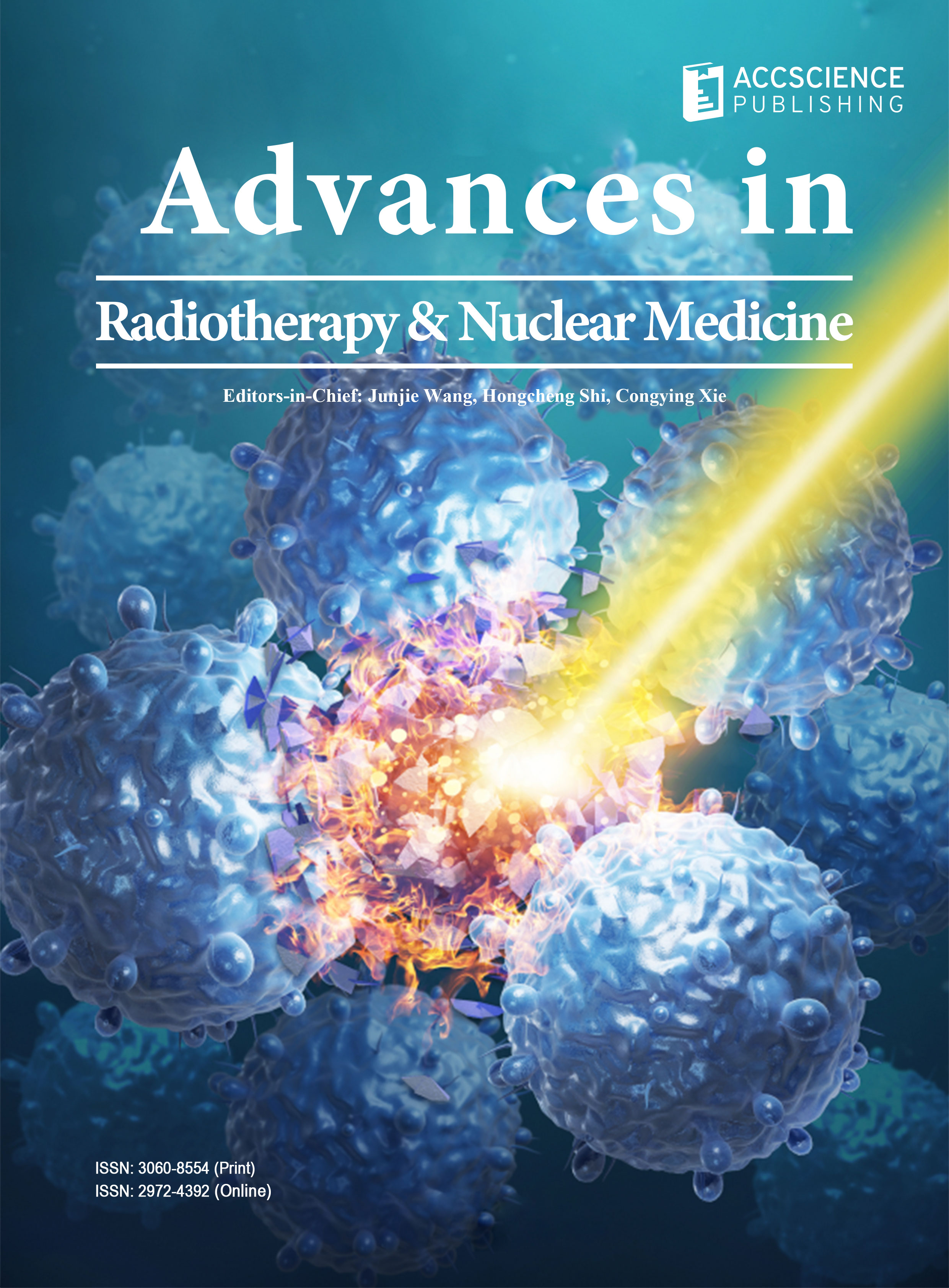Informed consent in radiation oncology: Adapting to the age of artificial intelligence

The integration of artificial intelligence (AI) into radiation oncology is significantly enhancing treatment precision and efficiency. However, this technological advancement presents substantial ethical challenges, particularly in the context of informed consent. Traditional consent taking, which relies on physician discretion, must evolve to address the complexities introduced by AI systems. Key ethical considerations include ensuring that patients understand the role of AI in their treatment, transparency in AI-driven decision-making processes, and the protection of patient privacy. A refined approach to informed consent is necessary to navigate these challenges. This approach should prioritize clear communication, emphasize the complementary role of AI in treatment and the decision-making process, and address potential biases inherent in AI algorithms.
- Hunter B, Hindocha S, Lee RW. The role of artificial intelligence in early cancer diagnosis. Cancers (Basel). 2022;14(6):1524. doi: 10.3390/cancers14061524
- Lehman CD, Arao RF, Sprague BL, et al. National performance benchmarks for modern screening digital mammography: Update from the Breast cancer surveillance consortium. Radiology. 2017;283(1):49-58. doi: 10.1148/radiol.2016161174
- Luchini C., Pea A., Scarpa A. Artificial intelligence in oncology: Current applications and future perspectives. Br J Cancer. 2022;126(1):4-9. doi: 10.1038/s41416-021-01633-1
- Taherdoost H, Ghofrani A. AI’s role in revolutionizing personalized medicine by reshaping pharmacogenomics and drug therapy. Intell Pharm. 2024;2(1):643-650. doi: 10.1016/j.ipha.2024.08.005
- Schork NJ. Artificial intelligence and personalized medicine. Cancer Treat Res. 2019;178(1):265-283. doi: 10.1007/978-3-030-16391-4_11
- Rakaee M, Tafavvoghi M, Ricciuti B, et al. Deep learning model for predicting immunotherapy response in advanced non-small cell lung cancer. JAMA Oncol. 2024;11: 109-118. doi: 10.1001/jamaoncol.2024.5356
- Jin D, Guo D, Ge J, Ye X, Lu L. Towards automated organs at risk and target volumes contouring: Defining precision radiation therapy in the modern era. J Natl Cancer Cent. 2022;2(1):306-313. doi: 10.1016/j.jncc.2022.09.003
- Court LE, Aggarwal A, Jhingran A, et al. Artificial intelligence-based radiotherapy contouring and planning to improve global access to cancer care. JCO Glob Oncol. 2024;10:e2300376. doi: 10.1200/GO.23.00376
- Byrne M, Archibald-Heeren B, Hu Y, et al. Varian Ethos online adaptive radiotherapy for prostate cancer: Early results of contouring accuracy, treatment plan quality, and treatment time. J Appl Clin Med Phys. 2022;23(1):e13479. doi: 10.1002/acm2.13479
- Landry G, Kurz C, Traverso A. The role of artificial intelligence in radiotherapy clinical practice. BJR Open. 2023;5(1):20230030. doi: 10.1259/bjro.20230030
- Kawamura M, Kamomae T, Yanagawa M, et al. Revolutionizing radiation therapy: The role of AI in clinical practice. J Radiat Res. 2024;65(1):1-9. doi: 10.1093/jrr/rrad090
- Colasacco CJ, Born HL. A case of artificial intelligence chatbox hallucination. JAMA Otolaryngol Head Neck Surg. 2024;150(6):457-458. doi: 10.1001/jamaoto.2024.0428
- World Health Organization. Ethics and Governance of Artificial Intelligence for Health: WHO Guidance; 2021. Available from: https://www.who.int/publications/i/ item/9789240029200 [Last accessed on 2025 Aug 07].

